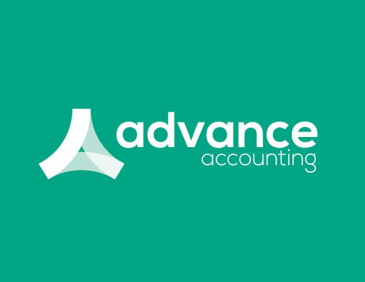
Autumn Budget 2017 – Highlights
Today Philip Hammond delivered the first Autumn Budget reporting on an economy that “continues to grow, continues to create more jobs than ever before and continues to confound those who seek to talk it down”. It was light on tax content, but with some significant announcements. Some of the main headlines are detailed below.
Research and Development
An additional £2.3bn will be made available to fund an increase in the research and development tax credit to 12%. This will take effect from 1 January 2018.
Enterprise Investment Scheme
The limit for investment in EIS companies will increase from £1m to £2m. Relief will be restricted, however, to riskier businesses through the application of anti-avoidance measures.
Personal Tax
The personal allowance will be increased to £11,850 and the higher rate band to £46,350. This represents a 3% increase being the standard CPI increase for the year. This measure should result in £1,075 less tax being paid by most taxpayers than in 2010/11.
Indexation Relief
There has been an anomaly for some years in that indexation allowance is available on the disposal of assets by companies but not for individuals. To correct this anomaly indexation for companies will be frozen at 1 January 2018.
The Digital Economy
From April 2019 income tax will be imposed on royalties paid to entities resident in a tax haven which relate to UK sales. This measure is estimated to bring in £200m pa so may be a political gesture more than a revenue gathering exercise but it reinforces the UK’s position at the forefront of tax measures in this area.
VAT
There are a number of announcements around VAT. Contrary to rumours the Chancellor did not reduce the VAT threshold which has been frozen for two years. There will, however, be a consultation on VAT measures to encourage companies to grow.
It was also announced that joint and several liability for online market places and sellers would be introduced from the Spring.
Stamp Duty Land Tax
The headline announcement was the abolition of SDLT for first time buyers of properties up to £300k. First time buyers of properties up to £500k will also benefit from the first £300k not being subject to SDLT but there appears to be no relief for properties above £500k. This measure will grab all the headlines in the press tomorrow but, as always, it will be necessary to see the detail of how this measure will work in practice.
Get in touch if you have any questions or comments.






